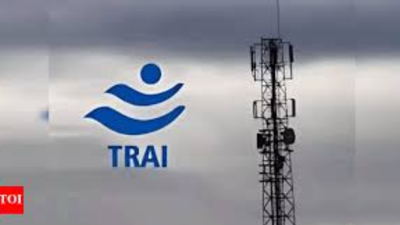ARTICLE AD BOX

NEW DELHI: Digital Communications Commission (DCC)'s "suggestion" to the Telecom Regulatory Authority of India (Trai) for seeking "clarifications" from the department of telecom (DoT) before releasing recommendations on various issues has stirred a controversy with some officials in the agency seeing it as govt intrusion into regulatory turf.On Oct 30, DCC, the inter-ministerial body for policy decisions on telecom, wrote to Trai secretary Atul Kumar Chaudhary suggesting that the regulator could seek DoT's "clarification on critical aspects" before releasing its recommendations. It has argued that a "more proactive exchange of inputs" can promote "better alignment of perspectives" and result in "swift financial" recommendations and reduce "back references".

The law provides for Trai to aid and advise govt on telecom and broadcast matters, while having control over certain issues related to mobile tariffs and telecom interconnect agreements. The letter comes amid divergent views between govt and Trai over the regulator's recommendations on satellite communications spectrum, its pricing and the revenue share arrangement.While DoT did not respond to a questionnaire sent on Monday, an official said "not much should be read into the note as it is just a suggestion and not binding".
"The intention is just to hasten decision-making on certain important matters, and nothing more," the official added.There have been several episodes in the past where the DoT and Trai have not been on the same page and have had their share of differences. Typically, Trai issues recommendations for public consultations and then conducts "open house" meetings to get feedback. Govt can also send its input on issues and based on suggestions, Trai sends its recommendations to DoT.
Often, the department seeks clarifications from the regulator through "back references".In case of other agencies, regulators such as RBI, Sebi and IRDAI issue draft regulations on which public comments are sought and govt too sends its inputs. Based on the consultation process, the final policy or guidelines are worked out.Even in this space, where regulatory independence is well established, there have been several instances where govt got the regulators to either drop the plan or amend it. While the laws empower govt to issue directives to regulators, barring the power sector, there are not many instances of govt invoking the power.

 2 hours ago
6
2 hours ago
6









 English (US) ·
English (US) ·